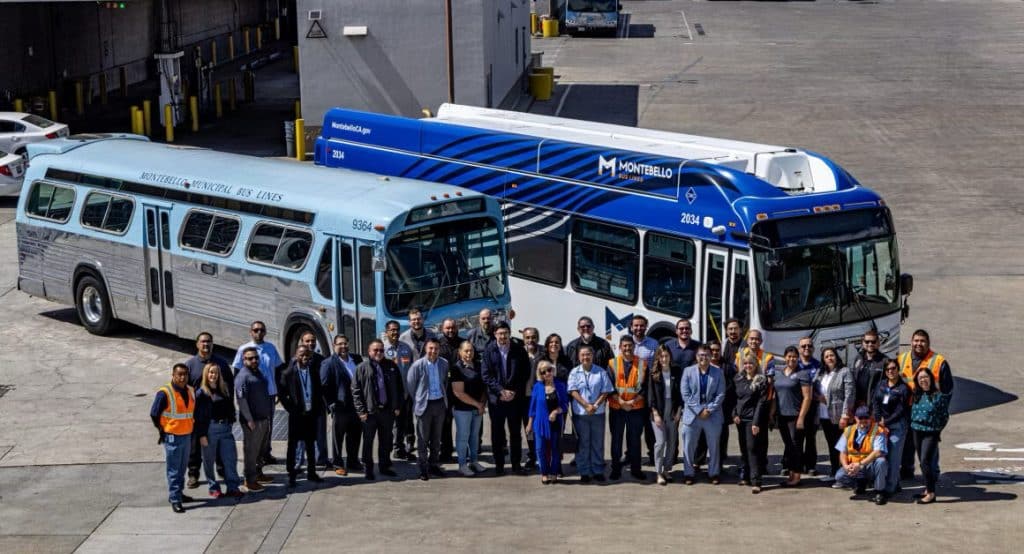When the Big Beautiful Bill was passed in July, workers governed by the Railway Labor Act were not included in a tax break on overtime pay. But on Friday, September 19, a bipartisan bill was introduced in Congress to include rail workers in the tax exemption. If the bill passes and is signed into law, overtime worked by railroaders will qualify for the same federal tax deduction that millions of other workers will receive starting next year.
“When the One Big Beautiful Bill Act passed earlier this year, one of the only possible bright spots for union workers was the tax deduction benefit on qualifying overtime pay. But that benefit excluded the people who work day in and day out to keep our country moving: SMART-TD and SMART-MD rail workers,” said SMART General President Michael Coleman. “That wasn’t acceptable. We started working right away to fix that problem, and now, we have legislation that would do just that. I want to note that this is a bipartisan bill. That’s important, because our issues aren’t red or blue. They’re about our members having the pay, benefits and respect that they deserve. They are American issues.
“SMART members work tirelessly to serve the American people, and they deserve the same shot at tax savings as other workers. All of us at SMART thank Representatives Nicole Malliotakis (NY-11), Emilia Sykes (OH-13), Tom Suozzi (NY-3), Nick LaLota (NY-1), Brian Fitzpatrick (PA-1) and Steven Horsford (NV-4) for introducing this bill, and we encourage any lawmaker who stands with rail workers to move this legislation forward.”

